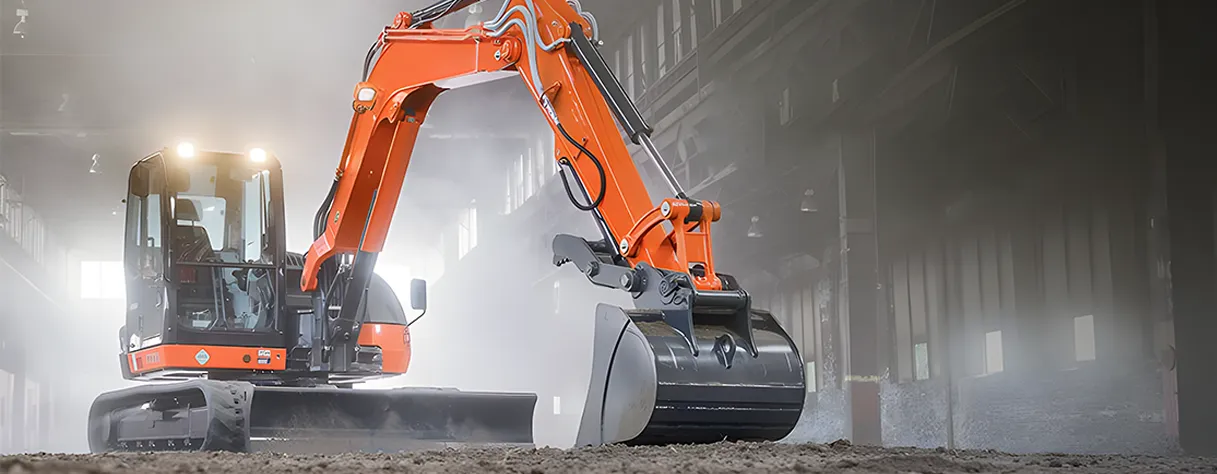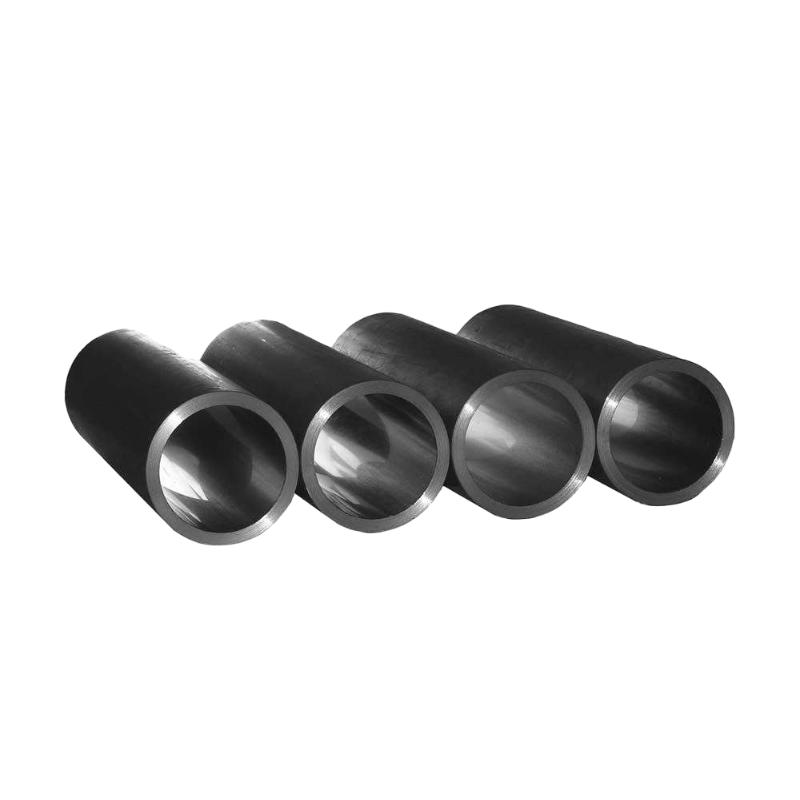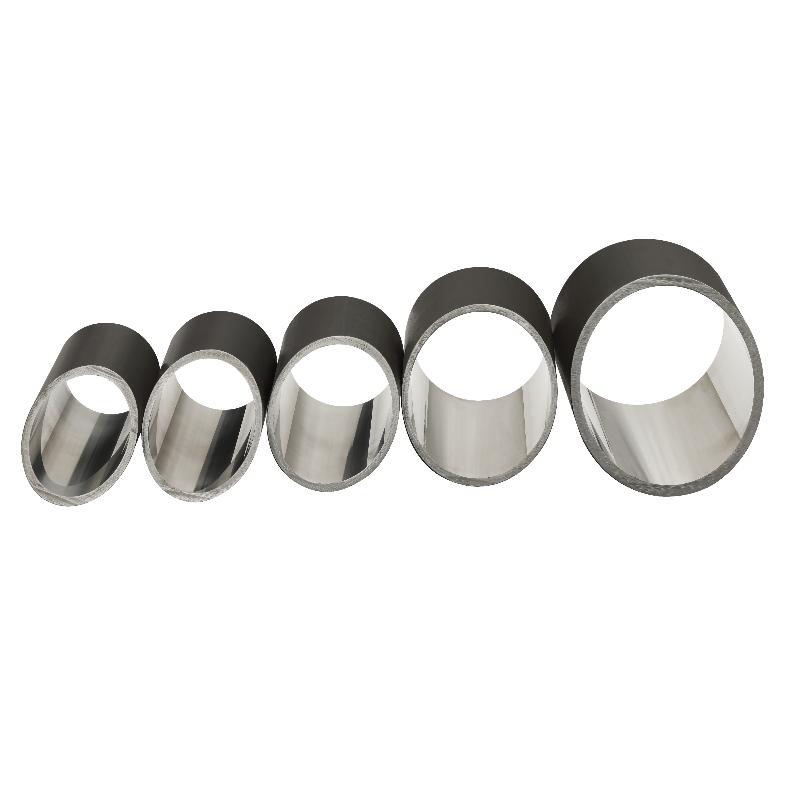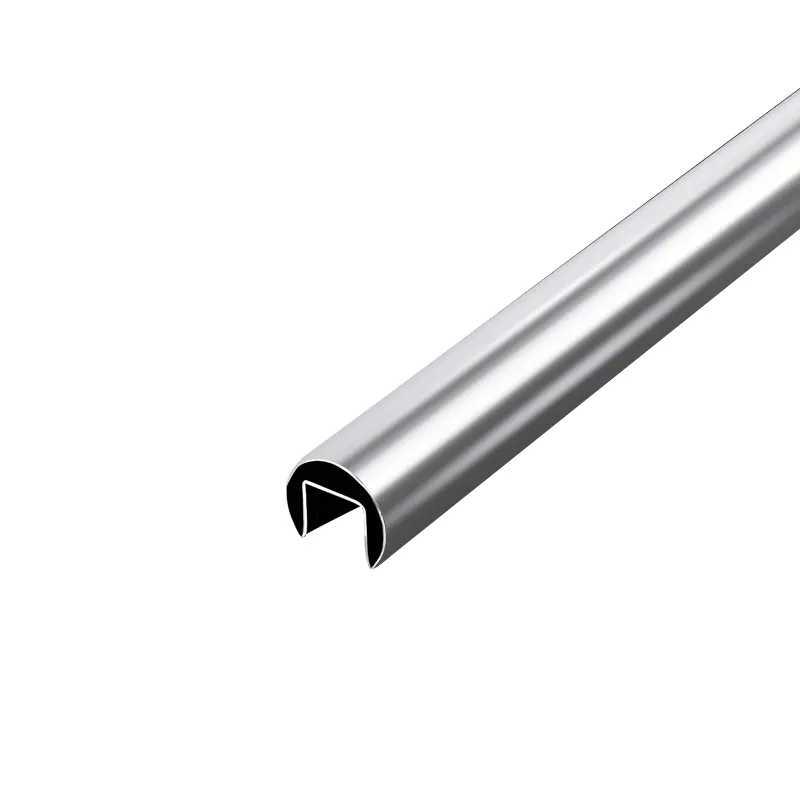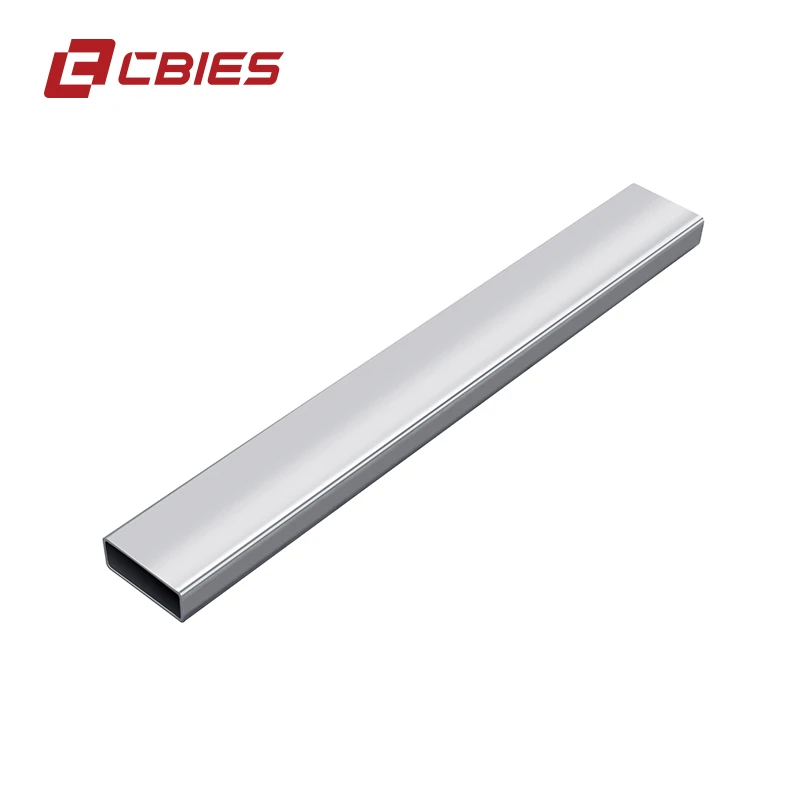Benefits of Using Precision Steel Tubes for Mechanical Parts
In the realm of engineering and manufacturing, the choice of materials is crucial for the performance and longevity of mechanical parts. Among the various materials available, precision steel tubes stand out for their exceptional properties and versatile applications.
One of the primary benefits of using precision steel tubes in the production of mechanical parts is their consistency and accuracy in dimensions. These tubes are manufactured to exact specifications, ensuring that every component fits perfectly in a system. This precision minimizes the risk of error during assembly and ultimately enhances the reliability of the final product, making them ideal for critical applications in OEM car parts, aerospace, and machinery sectors.
Another significant advantage is the enhanced strength and durability of precision steel tubes. They possess high tensile strength, which allows mechanical parts made from these tubes to withstand extreme stresses and environmental conditions. This durability translates to longer service life, reducing maintenance costs and downtime associated with part replacements.
Moreover, precision steel tubes offer excellent weldability and machinability, enabling manufacturers to create complex mechanical parts with intricate designs. This capability permits innovations in engineering solutions, facilitating the development of lightweight yet robust components that can improve overall system performance.
Additionally, the uniformity of precision steel tubes contributes to improved efficiency in manufacturing processes. Their consistent quality results in higher yield rates and less waste, making them not only cost-effective but also more sustainable in the long run.
In conclusion, the use of precision steel tubes in mechanical parts is a strategic choice that offers enhanced accuracy, strength, and manufacturing efficiency. As industries continue to evolve, this material will remain a vital component in creating reliable and innovative mechanical solutions.
Innovations in Precision Steel Tube Manufacturing Techniques
In the ever-evolving landscape of industrial production, innovations in precision steel tube manufacturing techniques are paramount for enhancing the efficiency and performance of mechanical parts. Precision steel tubes are integral components used across various sectors, including automotive, aerospace, and machinery, due to their strength and reliability.
One significant innovation is the introduction of advanced computer numerical control (CNC) technology in the manufacturing process. CNC machines enable manufacturers to achieve a higher degree of accuracy and consistency in the dimensions of precision steel tubes, thereby minimizing waste and reducing production time. The integration of automation further streamlines operations, allowing for real-time monitoring and adjustments that enhance the overall quality of mechanical parts.
Another noteworthy development is the use of high-strength materials and advanced alloys in precision steel tube production. These materials not only improve the structural integrity of the tubes but also contribute to lightweight designs that are essential for modern mechanical applications. By adopting advanced metallurgical techniques, manufacturers can produce tubes that withstand extreme conditions, ensuring durability and performance.
Moreover, the implementation of additive manufacturing, or 3D printing, in producing prototypes of precision steel tubes is gaining traction. This technology allows for rapid design iterations and testing, leading to quicker production cycles and more innovative mechanical parts. As these technologies mature, the customization of precision steel tubes becomes increasingly feasible, catering to the specific requirements of different industries.
In conclusion, innovations in precision steel tube manufacturing techniques are crucial for the future of mechanical parts. By embracing these advancements, manufacturers can improve quality, reduce costs, and foster innovation across various applications. The continuous evolution of these techniques promises a future where precision steel tubes meet the growing demands of the industry while maintaining the highest standards of performance and reliability.
Types of Mechanical Parts
Precision steel tubes are essential components in the production of various mechanical parts, thanks to their high strength, dimensional accuracy, and smooth finish. Here are some types of mechanical parts that commonly use precision steel tubes:
1. Shafts
Precision steel tubes are widely used in manufacturing shafts due to their excellent tensile strength and dimensional accuracy. Shafts made from precision steel tubes ensure smooth power transmission in automotive, aerospace, and industrial machinery.
2. Cylinders
Cylinders, such as hydraulic and pneumatic cylinders, rely on seamless steel tubes for their robust structure and precision engineering. These tubes provide leak-free performance and can withstand high-pressure applications.
3. Bearings
Precision steel tubes are key components in bearings, where smooth surfaces and close tolerances are essential. These tubes help bearings reduce friction and improve the efficiency of moving parts in various mechanical systems.
4. Bushings
Bushings often utilize precision steel tubes for their ability to support and guide moving mechanical parts. The precision of these tubes helps reduce wear and ensures longevity in automotive and industrial applications.
5. Axles
Axles made from precision steel tubes provide the necessary strength and rigidity for vehicles and machinery, ensuring stable performance and safety. Their uniform structure offers resistance to torsion and bending.
6. Spindles
In machine tools, spindles require the precision and stiffness provided by steel tubes. Precision steel tubes help spindles maintain accuracy and reduce vibration during high-speed operations.
7. Frames and Structural Components
Precision steel tubes are also used in the construction of frames and other structural components in mechanical assemblies, offering both strength and lightweight properties.
These applications showcase the versatility and critical role of precision steel tubes in producing reliable mechanical parts across industries.
 Afrikaans
Afrikaans  Albanian
Albanian  Amharic
Amharic  Arabic
Arabic  Armenian
Armenian  Azerbaijani
Azerbaijani  Basque
Basque  Belarusian
Belarusian  Bengali
Bengali  Bosnian
Bosnian  Bulgarian
Bulgarian  Catalan
Catalan  Cebuano
Cebuano  Corsican
Corsican  Croatian
Croatian  Czech
Czech  Danish
Danish  Dutch
Dutch  English
English  Esperanto
Esperanto  Estonian
Estonian  Finnish
Finnish  French
French  Frisian
Frisian  Galician
Galician  Georgian
Georgian  German
German  Greek
Greek  Gujarati
Gujarati  Haitian Creole
Haitian Creole  hausa
hausa  hawaiian
hawaiian  Hebrew
Hebrew  Hindi
Hindi  Miao
Miao  Hungarian
Hungarian  Icelandic
Icelandic  igbo
igbo  Indonesian
Indonesian  irish
irish  Italian
Italian  Japanese
Japanese  Javanese
Javanese  Kannada
Kannada  kazakh
kazakh  Khmer
Khmer  Rwandese
Rwandese  Korean
Korean  Kurdish
Kurdish  Kyrgyz
Kyrgyz  Lao
Lao  Latin
Latin  Latvian
Latvian  Lithuanian
Lithuanian  Luxembourgish
Luxembourgish  Macedonian
Macedonian  Malgashi
Malgashi  Malay
Malay  Malayalam
Malayalam  Maltese
Maltese  Maori
Maori  Marathi
Marathi  Mongolian
Mongolian  Myanmar
Myanmar  Nepali
Nepali  Norwegian
Norwegian  Norwegian
Norwegian  Occitan
Occitan  Pashto
Pashto  Persian
Persian  Polish
Polish  Portuguese
Portuguese  Punjabi
Punjabi  Romanian
Romanian  Samoan
Samoan  Scottish Gaelic
Scottish Gaelic  Serbian
Serbian  Sesotho
Sesotho  Shona
Shona  Sindhi
Sindhi  Sinhala
Sinhala  Slovak
Slovak  Slovenian
Slovenian  Somali
Somali  Spanish
Spanish  Sundanese
Sundanese  Swahili
Swahili  Swedish
Swedish  Tagalog
Tagalog  Tajik
Tajik  Tamil
Tamil  Tatar
Tatar  Telugu
Telugu  Thai
Thai  Turkish
Turkish  Turkmen
Turkmen  Ukrainian
Ukrainian  Urdu
Urdu  Uighur
Uighur  Uzbek
Uzbek  Vietnamese
Vietnamese  Welsh
Welsh  Bantu
Bantu  Yiddish
Yiddish  Yoruba
Yoruba  Zulu
Zulu 



